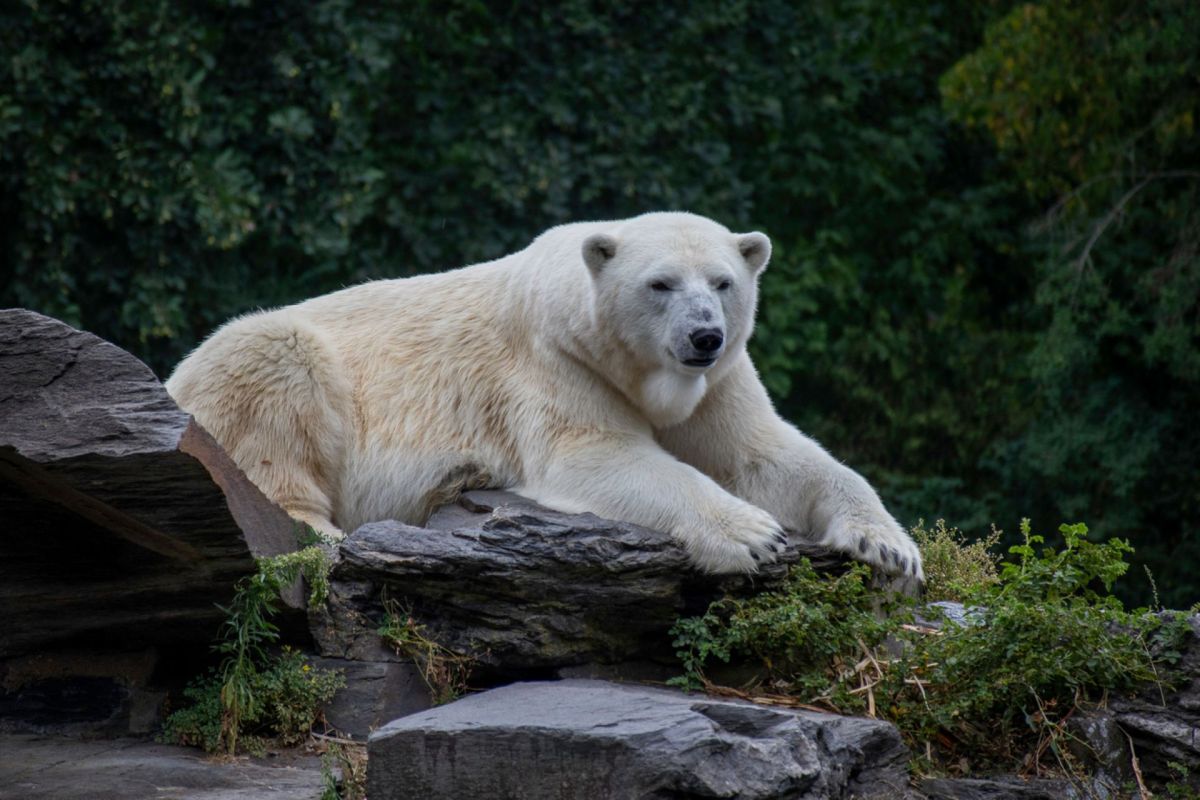A polar bear in Alaska was found dead recently, and the state veterinarian confirmed that the bear had died from bird flu — the first recorded fatal case for a member of its species.
What happened?
"This is the first polar bear case reported, for anywhere," Dr. Bob Gerlach, Alaska's state veterinarian, told the Alaska Beacon.
Dr. Gerlach speculated that the bear could have become sick from eating an infected bird, which might have already died from the virus and been preserved by Alaska's cold temperatures. Polar bears normally eat mainly seals, but have been greatly impacted by rising global temperatures, forcing them to scavenge for other types of food.
Why is this concerning?
While this was the first documented case of a polar bear dying from bird flu, other mammals have succumbed to the deadly virus, including three foxes, a brown bear, and a black bear, all in Alaska.
The greatest impact of avian flu has still been on birds, with domestic poultry populations at greatest risk. The avian flu outbreak that began in 2021 has already resulted in the culling of 58 million birds and a shortage of eggs and meat. Hundreds of thousands of wild birds have also died.
This is just another threat that bird populations (as well as all wild animals) are facing, including habitat loss, air pollution, and plastic pollution.
And bird flu is not the only disease spreading to unexpected places — a tropical disease called leishmaniasis was recently found in the mainstream United States, a result of rising temperatures.
What is being done about it?
Efforts are being made to track bird flu outbreaks to give poultry farmers more time to anticipate and build safeguards. And recently, scientists discovered a potential new diagnostic tool that could help them combat the virus.
But unlike previous bird flu outbreaks, it appears that this one is not disappearing as readily. "It's not going to go away. It's going to be here, and we have to have some way to deal with it," Dr. Gerlach told the Alaska Beacon.
Join our free newsletter for cool news and cool tips that make it easy to help yourself while helping the planet.









